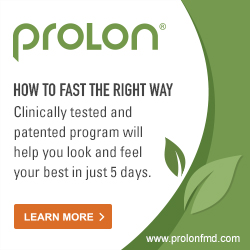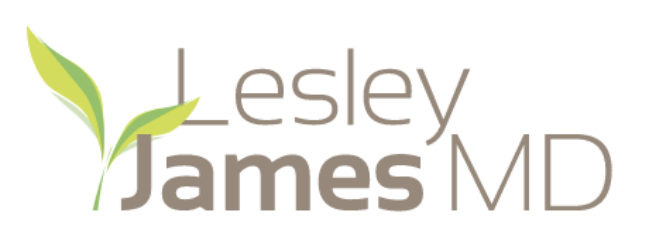A crucial element of my prehabilitation regimen was nutrition. While I have always been committed to a nourishing diet of clean protein, healthy fats, and an abundance of vegetables, as my surgery approached I decided to research the ways in which my body would be best prepared for the experience.

As you may know, I am an integrative physician who has recently undergone two cancer-related surgeries. At the age of 50, following my first colonoscopy, I was diagnosed with early-stage colorectal cancer. I pursued genetic testing, which not only revealed a high-risk gene that predisposes to breast cancer but led to my second early-stage diagnosis. In each of these instances, my medical team was a group of competent, trusted individuals who provided me with all that I needed for curative care, but I took it upon myself to put together a regimen that would better prepare me for the physical and mental rigors of the surgery and recovery processes. This is the second in a series.
After consulting with my physicians, I decided that prior to my surgery I would implement a combination of traditional water fasting and a “fasting-mimicking” diet, which consisted of prepackaged, plant-based meals and snacks that are designed to replicate the benefits of fasting while providing the body with nutrition. My research revealed that this diet could foster optimal healing and mitigate the negative impact of surgery, which, while curative, can also be tumor-promoting and may have a negative impact on cognitive function.
This regimen was an easy one for me, as I have been following a fasting-mimicking diet one week per month since early in the year and will continue to do so, as studies show that periodic fasting induces metabolic change, which delays the incidence and growth of cancer. In response to nutrient-scarce environmental conditions, such as fasting, normal cells drastically reduce the number of cell divisions and utilize metabolites generated from the breakdown of fats, proteins, and organelles, becoming highly stress-resistant. These prevent the growth of dormant metastatic deposits, which are known to complicate treatment for patients with breast cancer and can result in a relapse with metastatic disease many years after the resection of primary tumors. Unfortunately, surgery may promote the outgrowth of previously disseminated cancer cells, releasing them from the physiologic constraints that previously suppressed them.
In addition, it has been shown that fasting has protective effects against the multi-factorial stress of ischemia reperfusion injury (the damage that occurs when the blood supply returns to tissues following a lack of oxygen, resulting in oxidative damage and inflammation), and that it improves traumatic brain injury through neuroprotective effects, reduces oxidative damage and improves cognitive function.
Once my surgery was complete, I returned to my routine of eating a low-glycemic, anti-inflammatory, Mediterranean style diet. As you may have guessed, I bypassed all hospital food, which is high in glycemic load and processed fats.
If you are considering making changes to your diet or implementing a fasting regimen, I urge you to first check with your physician or a nutritionist who is privy to your medical history. My plan was personalized for my body. Fasting is not recommended for those on certain medications, who are underweight or who have a history of an eating disorder. As I mentioned in the first part of this series: Facing an impending cancer surgery is an extremely stressful time, and while we can plan to implement positive changes we also must respect our current condition and steer clear of additional complications. Whether you are anticipating surgery, in a stage of rehabilitation, or hoping to improve your lifestyle, there are healthy options for everyone.

If you are interested in learning more about the fasting-mimicking diet product used by Dr. Lesley James, please contact the office by emailing office@lesleyjamesmd.com or calling (585) 641-7102.
Referenceshttps://www.ncbi.nlm.nih.gov/pmc/articles/PMC5722209/


